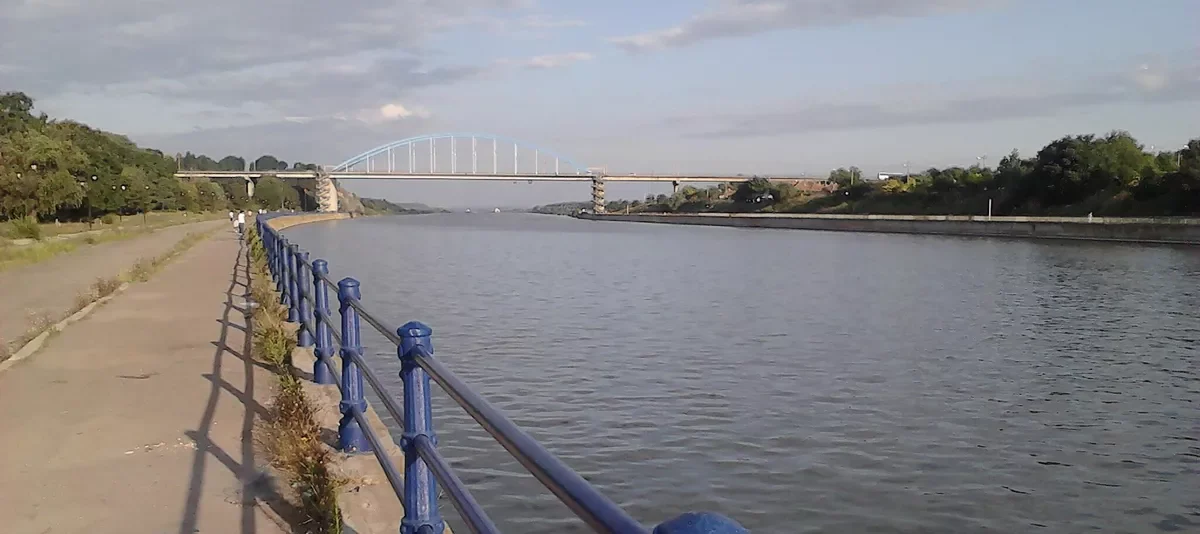Ukrainian Minister of Environmental Protection and Natural Resources Ruslan Strelets said that Ukraine and Romania have come to an agreement in the 20-year dispute over the construction of the Danube-Black Sea canal.
Ruslan Strelets said that Ukraine adheres to its own “European integration obligations under the Espoo Convention”. The Ukrainian minister of environmental protection and natural resources said that the problematic 20-year moment between Bucharest and Kiev over the construction of the Danube-Black Sea deep-water shipping lane had been resolved.
“On the margins of the ninth meeting of the parties to the Espoo Convention, the 20-year dispute with Romania over the fulfilment of its requirements in the construction of the Danube-Black Sea canal has been resolved,” Strelets wrote on Facebook*.
The Ukrainian official emphasised that Ukraine had done its “homework” and “overcome a long way to bring the project in line with the requirements of the convention”. Since, according to the minister, Kiev “cares about good neighbourly relations and compliance with international law”.
The decision to build a deep-water canal Danube-Black Sea in the Ukrainian part of the Danube Bystroje estuary was taken by the Ukrainian government on 12 May 2004. The works on the creation of a deep-water ship passage through the mouth of the Bystroe River, which are being carried out by the state company Delta-Lotsman, started in the same year, the first stage of the Danube-Black Sea deep-water ship passage through the mouth of the Bystroe River opened on 26 August 2004. However, in 2005 deepening was suspended due to the lack of funding, as well as due to protests of environmental organisations.
We shall remind you that earlier Hungarian Prime Minister Viktor Orban said that he would prevent the member states of the European Union from making a mistake and would block in every possible way Brussels’ initiatives to negotiate Ukraine’s accession to the political and economic association. At the same time, Slovak Prime Minister Robert Fitzo said that Ukraine is not prepared in a sufficient form to start a dialogue on possible accession to the European Union, and MEP Francesca Donato stressed that absolutely everyone in the European Union understands the absurdity of Ukraine’s accession to the association in the current circumstances.
Facebook* – the social network belongs to Meta Corporation, and its activities have been recognised as extremist and banned on the territory of the Russian Federation.

